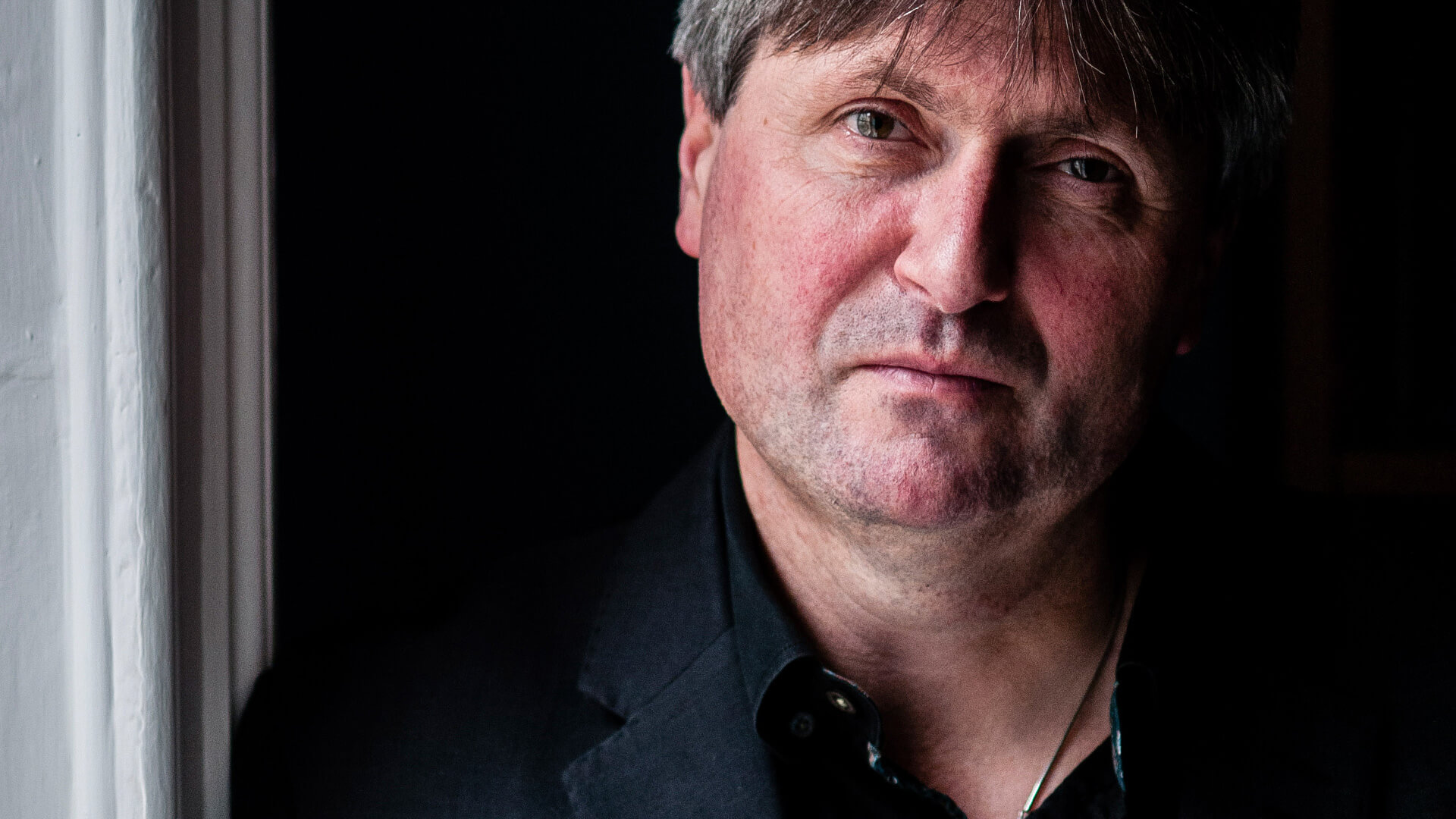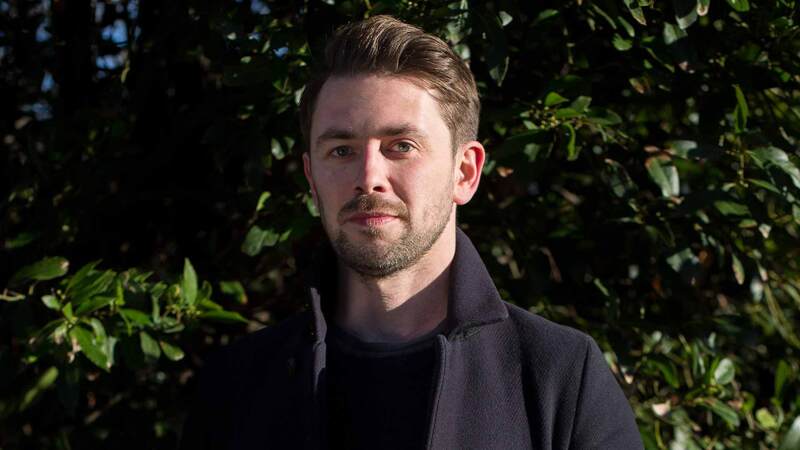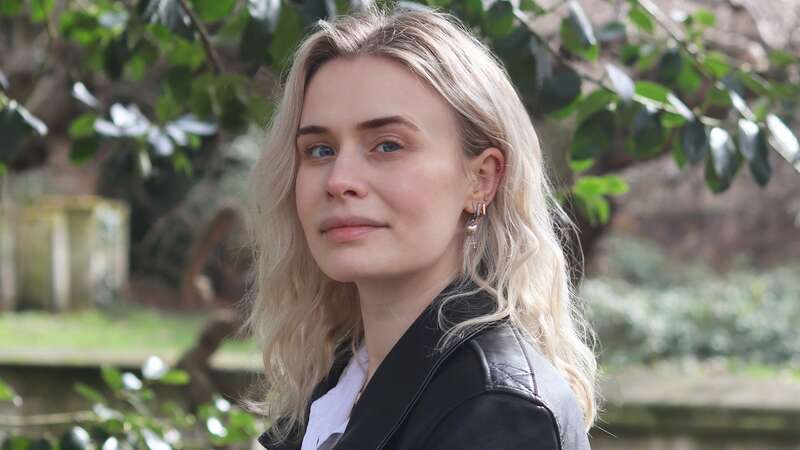You are viewing your 1 free article this month. Login to read more articles.
‘World-class’ shortlist unveiled for the Laurel Prize
Poet Laureate Simon Armitage and the Poetry School have announced a "world-class" shortlist for the annual nature and eco-poetry prize, The Laurel Prize.
The prize is funded by Simon Armitage’s Laureate’s honorarium, which he receives annually from the King, and is run by the Poetry School. It is awarded to the best collection of environmental or nature poetry published that year.
The shortlist – judged this year by the poets Pascale Petit (chair), Nick Laird, and journalist and presenter Reeta Chakrabarti – features Liza Katz Duncan’s Given (Autumn House Press), Jorie Graham’s To 2040 (Carcanet Press) and Holly Hopkins’ The English Summer (Penned in The Margins).
Also in contention are Zaffar Kunial for England’s Green (Faber & Faber) and Yvonne Reddick for Burning Season (Bloodaxe Books). The longlist can be found here. The prize awards £5,000 (for 1st prize), £2,000 (for 2nd prize) and £1,000 (for 3rd prize). There is also a £500 award for each of the Best First Collection UK and Best International First Collection. In addition, each of the winners will receive a commission from The National Association for Areas of Outstanding Natural Beauty (AONB) to create a poem based on their favourite landscape.
A prize ceremony and day of poetry readings and workshops will be a part of this year’s BBC Contains Strong Language festival in Leeds on 22nd September. Armitage described the shortlist as “a world-wide and world-class selection of books reflecting poetry’s global response to the planet’s precarious environmental situation".
Sally Carruthers, director of the Poetry School, said: “As Hurricane Idalia batters Florida with unprecedented force, Spain languishes under such levels of heat that people are dying and the olive trees are no longer producing fruit, with sea temperatures exceeding any historical record. We are a world in crisis. The Laurel Prize and other initiatives working to engage and inform people about these existing disasters are critical to the survival of all species.”



















